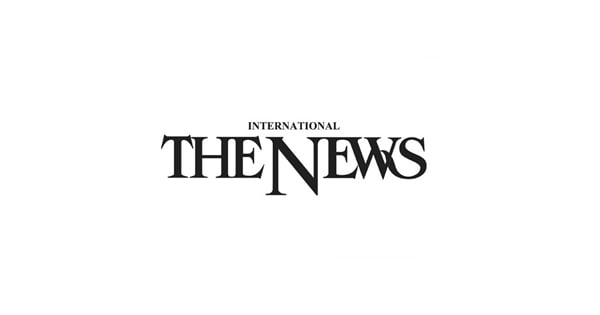KARACHI: Automakers will likely increase the prices of certain car models in order to lessen the impact of rising raw material costs and the depreciation of the currency, industry officials said on Wednesday.
“We expect car prices to increase 5% to 7% from November 1,†an industry official said.
Ali Asghar Jamali, CEO of Indus Motor Company, which manufactures and sells Toyota vehicles in Pakistan, said manufacturers could raise prices “anytime now” because they “hold prices” sometimes.
Industry officials said manufacturers’ input costs had risen sharply, mainly due to the weakening rupee.
“Up to 80% of the cost of assembling an average car is directly impacted by the movement in the value of the rupee, as almost 80% of the parts of some vehicles are imported,†said analyst Arsalan Hanif of the brokerage firm Arif Habib Limited.
The rupee hit a new all-time low on Wednesday, selling at 173.45 against the dollar in the interbank market to continue a decline that has seen it lose more than 13.5% since May.
Hanif said the price of cars was last hiked last year when the dollar rose to Rs165.
“Automakers would have passed the increased cost of manufacturing on to consumers by now if the government had not restrained them,” he added. “It’s not just the dollar rate that has gone up; The price of steel has also increased significantly and it is the main raw material for the automotive industry, while the cost of transportation has also quadrupled. “
The government cut sales tax earlier this year on cars less than 1,000cc and cut additional federal customs duties and excise duties, which has resulted in lower prices for cars by up to 400,000 Rs in some models. The impact on most cars remained between Rs 60,000-200,000. The stated aim of the policy was to provide cheaper cars to the public and to help the auto industry increase its workforce to improve economies. of scale.
However, automakers began to beef up a few months after the duties and taxes were cut, which did not work well with the government.
The Ministry of Industry and Production threatened automakers with price fixing and asked them to share their cost structure with the government.
One of the new entrants, Changan, even raised car prices citing increased transportation costs and steel prices. But he was forced by the government to withdraw the price hike. JS Global analyst Waqas Ghani said international steel prices rose, which amplified in Pakistan amid rising dollar prices and freight costs. “At the start of the year, the price of steel was $ 868 / tonne in January and it is now at $ 1,010 / tonne; while it was selling locally at Rs 142,500 / tonne, and it has now reached Rs 207,500 / tonne, â€Ghani said.

